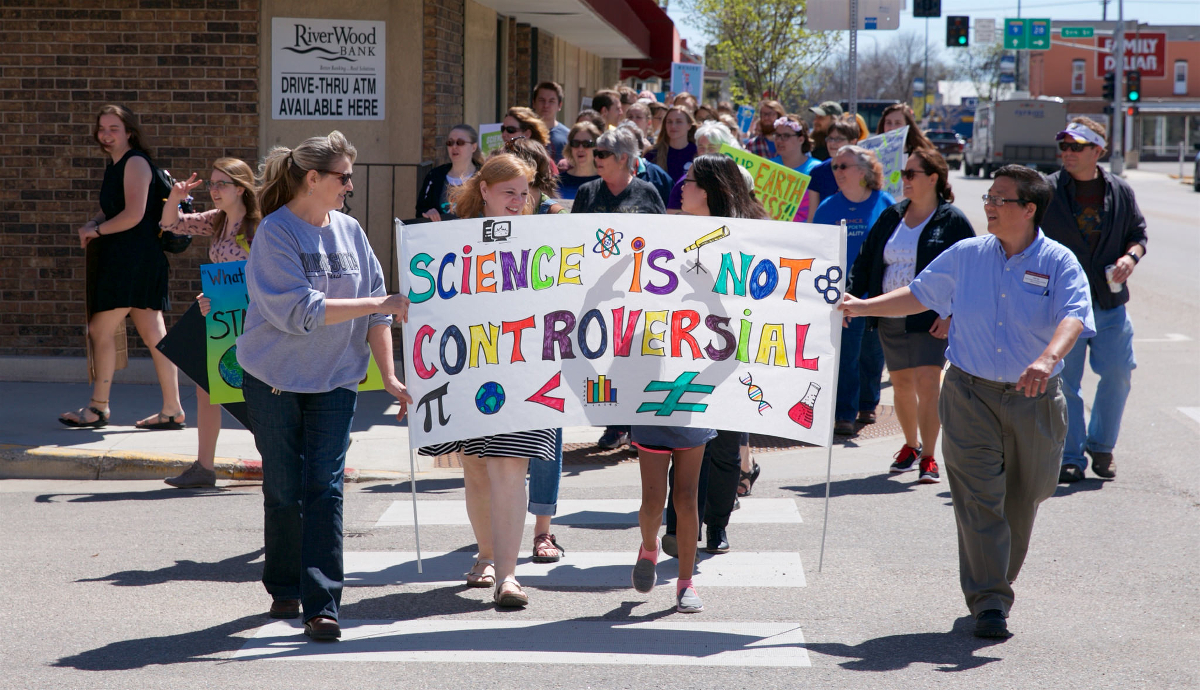This week, we’re delving into some fascinating longreads on subjects as wide ranging as the bizarre industry swirling around horseshoe crab blood, what happens while survivors of childhood sexual abuse come forward, and what Bernie Sanders is doing for, or perhaps to, the Democratic Party. Read on for more!
If you haven’t already, subscribe to the Global Comment podcast on iTunes and Soundcloud and catch up on the first episode, a fascinating interview with Omar Saif Ghobash.
‘The Heart of Whiteness: Ijeoma Oluo Interviews Rachel Dolezal, the White Woman Who Identifies as Black‘ (Ijeoma Oluo for The Stranger)
This absolutely stunning piece is the only one you should read about Rachel Dolezal, and it is well worth sitting down to dedicate some time to it. In addition to being absolutely superb, it highlights the critical importance of promoting diversity in journalism: This is a story that needed to be told by a Black woman, made stronger by way of a Black editor. When we cut underrepresented groups out of journalism, we deprive ourselves of their powerful storytelling skills and condemn media to a life of formulaic sameness and lack of insight.
I’m going to pause here so we can recognize the absurdity of this claim: You change your name from Rachel Dolezal to Nkechi Amare Diallo because everyone in your lily-white town (Spokane is more than 80 percent white) now knows you as the Rachel Dolezal who was pretending to be black, so you change your name to NKECHI AMARE DIALLO because somehow they won’t know who you are then. Maybe they’ll just confuse you with all the other Nkechi Amare Diallos in Spokane and not think when a white woman shows up for the interview: “Oh yeah, it’s that white woman who pretended to be black and then changed her name to NKECHI AMARE DIALLO.” Also, even if there were 50 Nkechi Amare Diallos in Spokane—trust me, as someone named Ijeoma Oluo who grew up in the white Seattle suburb of Lynnwood—you’d have a much better chance of getting a job interview if you changed your name to Sarah.
‘‘The Ocean Is Boiling’: The Complete Oral History of the 1969 Santa Barbara Oil Spill‘ (Kate Wheeling & Max Ufberg for Pacific Standard)
This is a fantastic deep dive into an incident that precipitated the growth of the modern environmental movement — and it’s a telling illustration that those who live in middle class comfort are often slow to take action on an issue until it affects them personally.
The blowout — then the largest in United States history — drew global attention, too, as images of oil-coated marine life circulated in news reports around the world. That reporting got people thinking about how to balance their desires for economic progress (and cheap energy) with the emerging idea that humans have a moral obligation to protect the environment.
‘The Blood of the Crab‘ (Caren Chesler for Popular Mechanics)
We love reads that highlight something we’ve never thought about before, whether it’s exposing an industry that we didn’t know existed or revealing unpleasant things about society. You may not have thought about the massive industry that is collecting blood from horseshoe crabs before, but after reading this, you’ll never forget it.
But that demand cannot climb forever. There’s a growing concern among scientists that the biomedical industry’s bleeding of these crabs may be endangering a creature that’s been around since dinosaur days. There are currently no quotas on how many crabs one can bleed because biomedical laboratories drain only a third of the crab’s blood, then put them back into the water, alive. But no one really knows what happens to the crabs once they’re slipped back into the sea. Do they survive? Are they ever the same?
‘Justice isn’t always done for child sexual abuse – I know firsthand‘ (Tennessee Watson for Reveal News)
This is a tough read, and a good one. Many people think of child sexual abuse as an unacceptable horror, and believe that law enforcement “throws the book” at offenders. The truth, perhaps unsurprisingly, is much more complicated, and much less inspiring, than that.
Reopening this wound made me feel vulnerable and confused. To coax myself forward, I relied on my skills as a journalist. Uncertainty is no big deal when it’s your job to be curious. I wanted to see how my experience fit into the bigger story of child sexual abuse, so I started recording my conversations with my friends, family and myself, not yet sure how I would use them.
‘Bernie, There Will Be No Revolution Without Reproductive Rights‘ (Imani Gandy for Rewire)
Though Senator Bernie Sanders is an Independent, he’s inexplicably touring the country on a rallying tour for the Democratic Party — and in the process, he’s highlighting both the shortcomings of his own campaign, and the fissures that lie at the heart of the Democrats. Gandy’s critical analysis of the role of reproductive justice in progressive politics should be required reading for Sanders supporters.
That’s why I’m so vociferous in my criticism of Sanders. Those of us who work in reproductive rights advocacy are well aware of Democrats’ problems when it comes to ceding abortion rights in a compromise for something “more important.”
If you enjoy our work, please consider supporting us with a one time or recurring donation. We believe in paying writers, and we rely on our readers to help us continue serving up interesting, dynamic, and engaging commentary every weekday. To make sure you don’t miss any of that commentary, you can subscribe to our newsletter below — and if you’re interested in writing for us, check out our contributor guidelines.
Photo credit: Nic McPhee/Creative Commons

